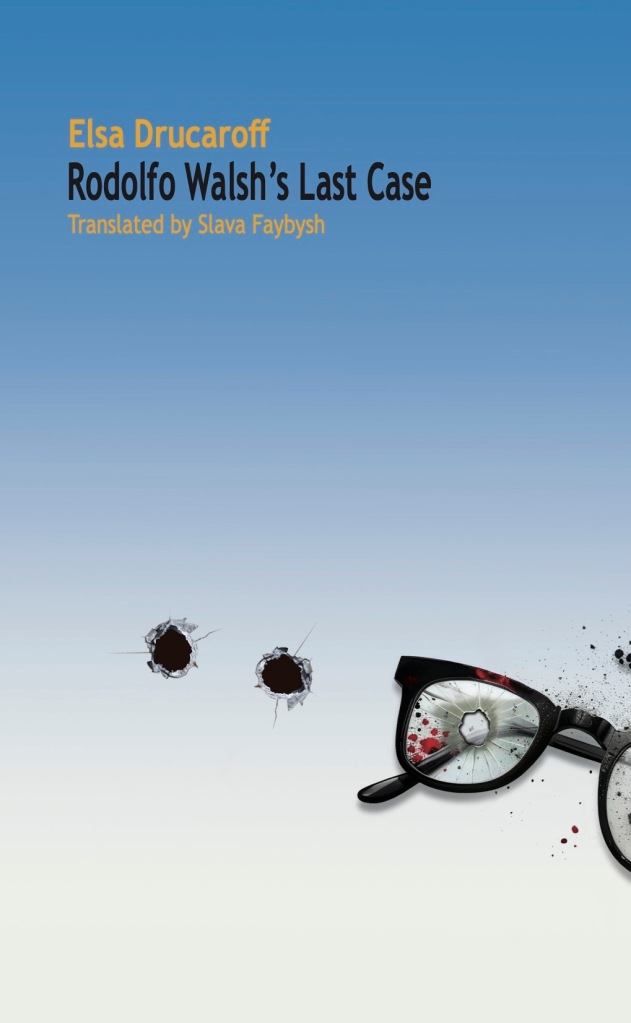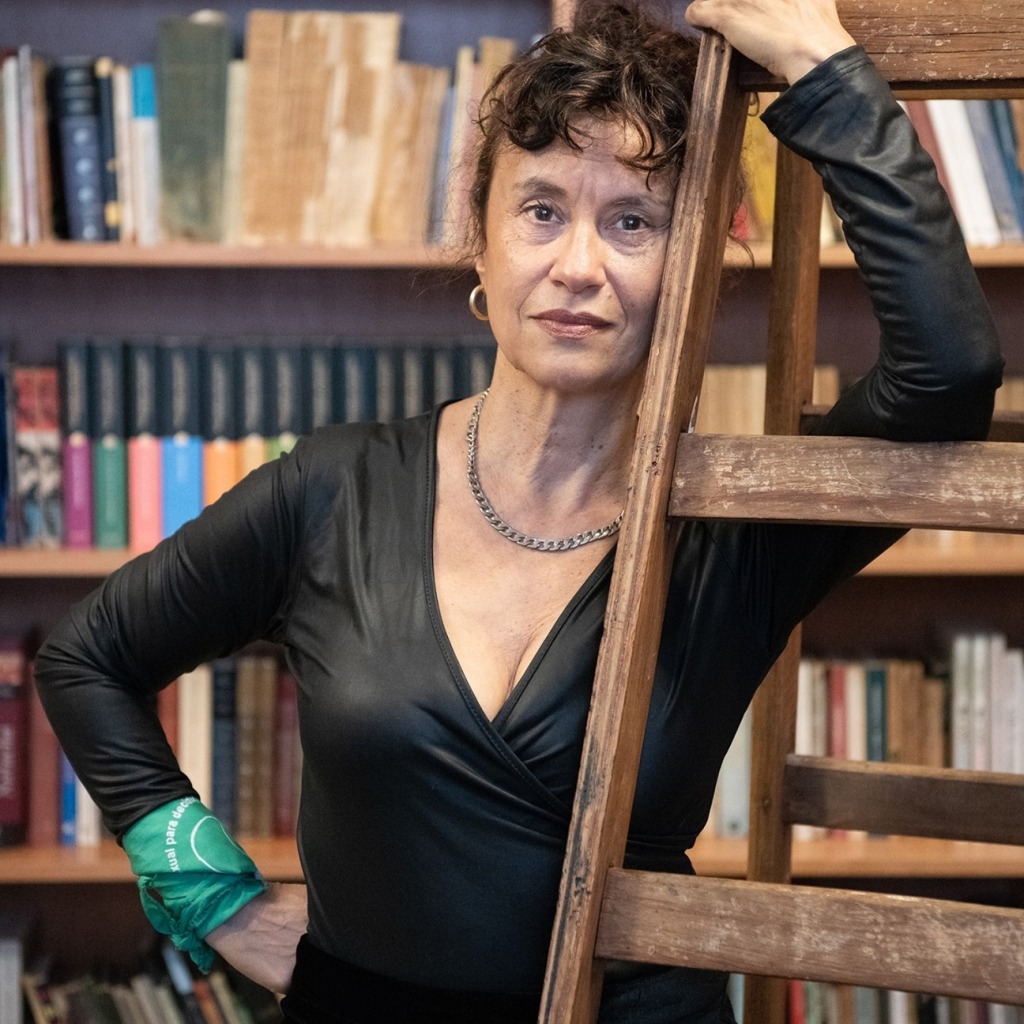It takes a particularly skilled author to capture and maintain a reader’s attention in a short novella. Both Jérôme Leroy’s Little Rebel and fellow countryman, Victor Jestin’s Heatwave were both small in size but packed a powerful punch. Columbian author Pilar Quintana, author of 2020’s Bitch, can be added to the list with her new 168 page novella.
Quintana tells a simple story with few events, but she infuses it with an atmosphere of tension and suspenseful anticipation. Her narrator is an eight-year-old girl, Claudia, who tries to make sense of the small world she lives in and the adults who inhabit it. The result is a raw and moving portrait of an unloved young girl.
Claudia’s father is a hardworking supermarket owner who hardly speaks. Every Sunday morning after breakfast, he tries to spend time with his daughter by taking her for a walk, but these outings only make Claudia more aware of her father’s silence.
“Like people drowned in a calm sea, my father’s dead… resided in his silences. Silence had sucked up his soul …. an empty shell.”
Growing up wealthy Claudia’s mother was accustomed to a certain lifestyle and even though her husband ensured that his wife and child lived a comfortable life she was still discontent. Claudia’s mother it did nothing but read celebrity magazines, tend to her jungle of plants, and criticise her daughter.
Her mother, distant and irritated by Claudia’s presence, would frequently remind her how her birth had harmed her body and that she was a clingy, ugly child. Claudia would try to remain silent and unnoticed in order not to annoy her mother. She realised it was safer to refrain from asking questions and simply leave her mother alone. It’s impossible not to sympathise with such a young child’s harsh treatment by a parent, the one person who should unconditionally love her. Nonetheless Claudia sees her mother for the cruel person she is.
“Mama laughed so wide you could see the roof of her mouth, hollow and grooved like an unfed torso.”
Claudia notices a shift in her mother’s mood when her father’s sister marries a younger man and, always observing, succinctly comments on their interactions. Even though it isn’t explicitly stated, readers can draw their own conclusions about Claudia’s mother and her new uncle. When things don’t go as planned for her mother, she falls into a deep depression and becomes obsessed with tragic stories of women who commit suicide.
“Then I saw it in her eyes. The abyss inside her, just like it was in all of the dead women,… a bottomless pit that nothing could fill.”
Claudia’s father agrees, as a desperate measure, for Claudia and her mother to spend their vacation at a villa in the mountains. The house is owned by a family her mother knew when she was a child. Rebeca, the family’s mother, vanished one night while driving up the mountain. The mystery of Rebeca’s disappearance is solved when an old car with a skeleton is discovered hidden in the abyss among the dense jungle and Claudia’s fear of losing her mother grows even stronger. She is also concerned that her father, who has to drive up the dangerous road from work at night, will suffer the same fate as Rebeca.
The house is perched on the edge of a cliff and is frequently shrouded in fog. Claudia can feel the pull of the abyss below her. The sheer drop next to the house is merely a physical manifestation of the rift Claudia feels growing between her parents.
The artificial jungle Claudia’s mother created in their home and all it represents is here too. Just like the plants at home, this jungle also obscures and conceals. She also felt her mother’s plants reaching out to her with their finger-fronds. The plants, ironically, are the only thing reaching out to her. Even when a snake almost bites Claudia, her mother barely reacts to the threat to her daughter’s life.
Abyss is devoid of sentimentality, making no attempt to elicit sympathy, instead offering an unaffected and poignant recollection of life through the eyes of an innocent. A unique and moving novella.
World Editions, the publishers of Abyss, kindly provided me with a copy for review.
More about the author
Pilar Quintana is a widely respected Colombian author. In 2007, Hay Festival selected her as one of the most promising young authors of Latin America. Her previous novel, The Bitch, won a PEN Translates award in the UK and was a finalist for the National Book Award in the US. It also won the prestigious Colombian Biblioteca de Narrativa Prize, was selected for several Best Books of 2017 lists, and was chosen as one of the most valuable objects to preserve for future generations in a marble time capsule in Bogotá. Abyss, her latest novel, was awarded the Alfaguara de Novela Prize, which is among the most prestigious awards in the Spanish language.
More about the translator
Lisa Dillman lives in Atlanta, Georgia, where she translates Spanish, Catalan, and Latin American writers and teaches in the department of Spanish and Portuguese at Emory University. Some of her recent translations include A Silent Fury by Yuri Herrera, A Luminous Republic by Andrés Barba, The Touch System by Alejandra Costamagna, and The Bitch by Pilar Quintana (a finalist for the 2020 National Book Award for Translated Literature in the US).








